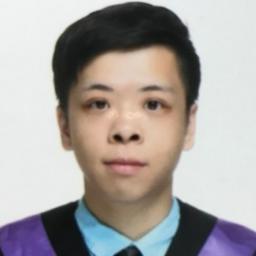Taiwan recently unveiled a national team dedicated to quantum computing R&D, taking advantage of the island’s advanced semiconductor industry.
An announcement was made about the initiative involving 17 research groups on March 16 by the Ministry of Science and Technology (MOST), the national research institute Academia Sinica, and the Ministry of Economic Affairs (MOEA), reported Taiwan’s state-owned Central News Agency (CNA).





